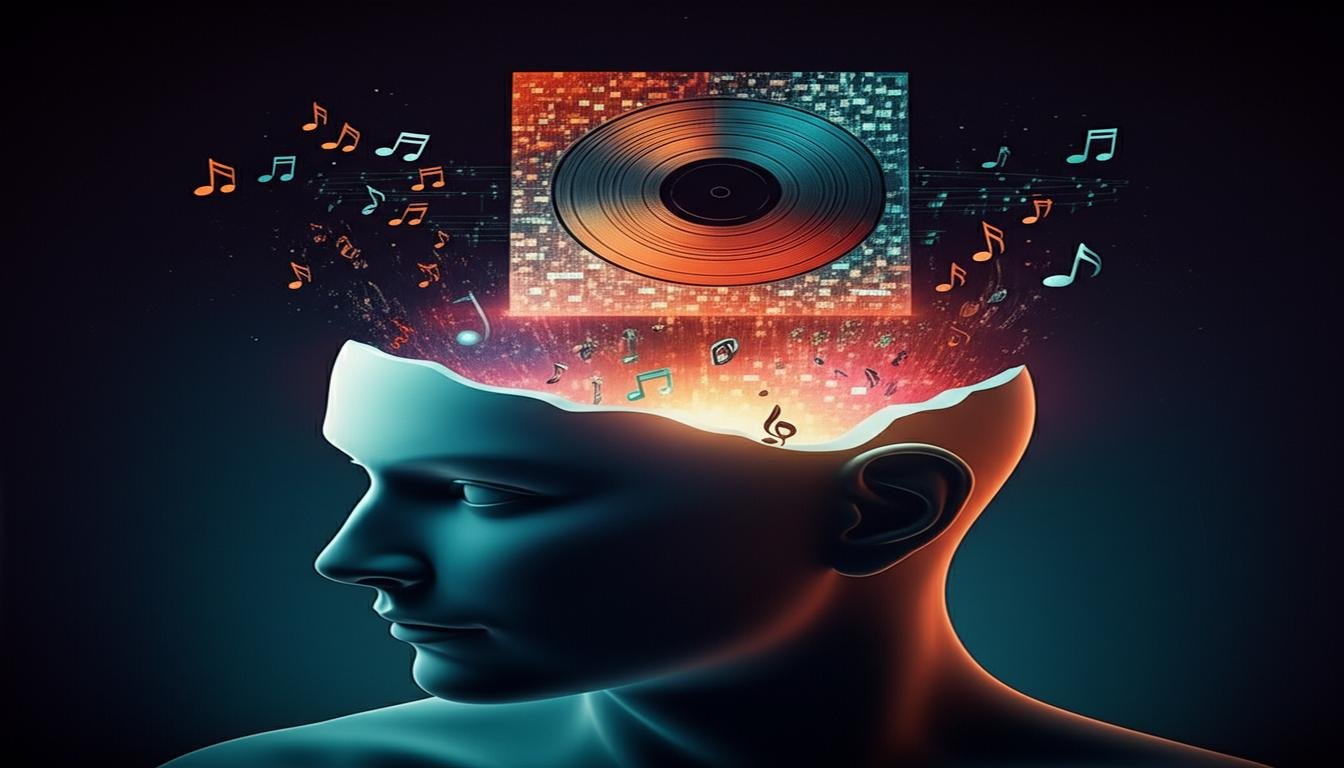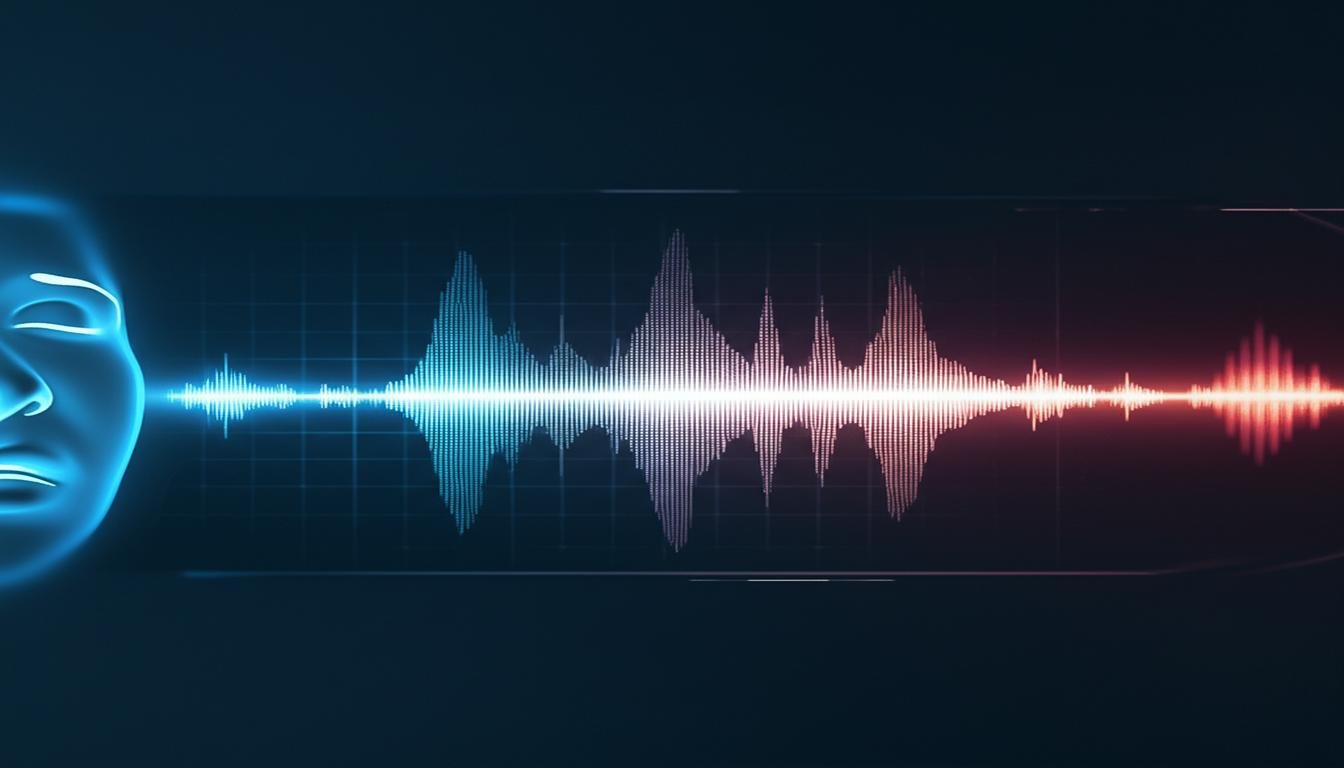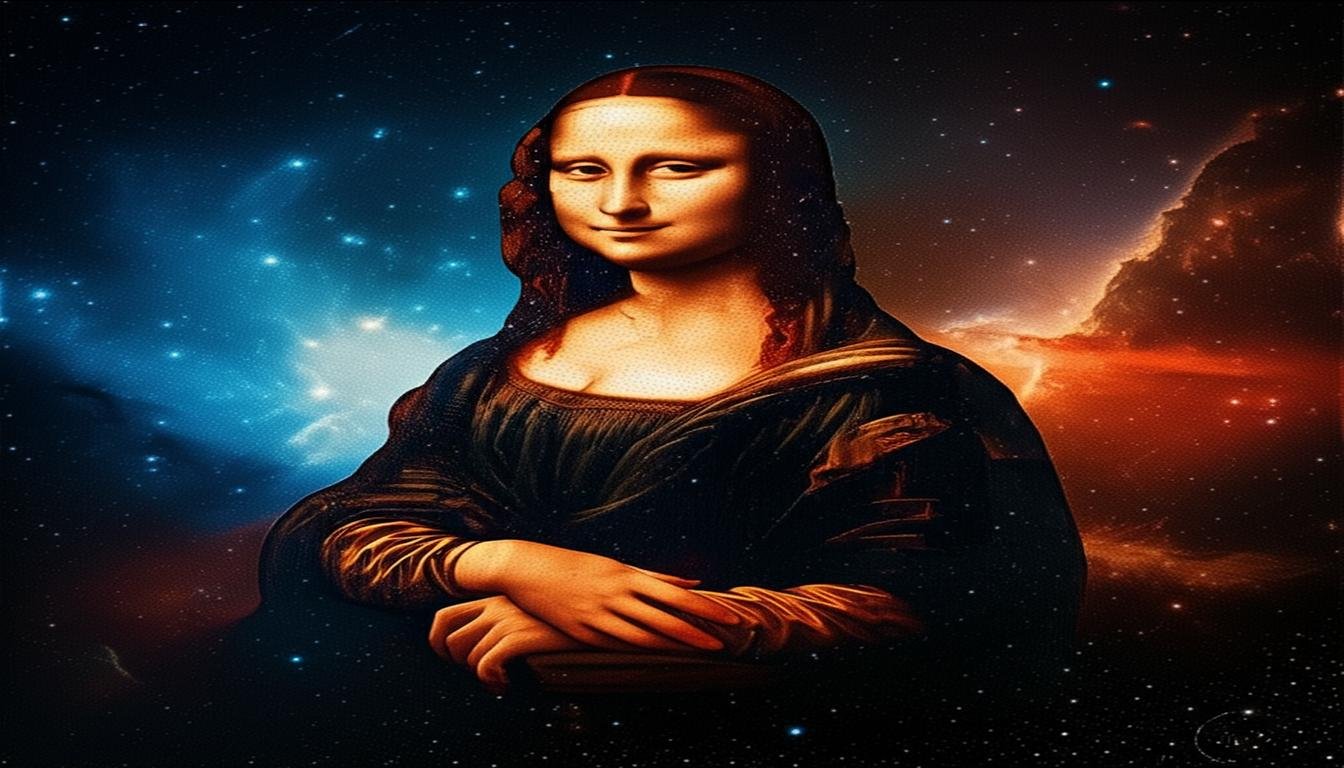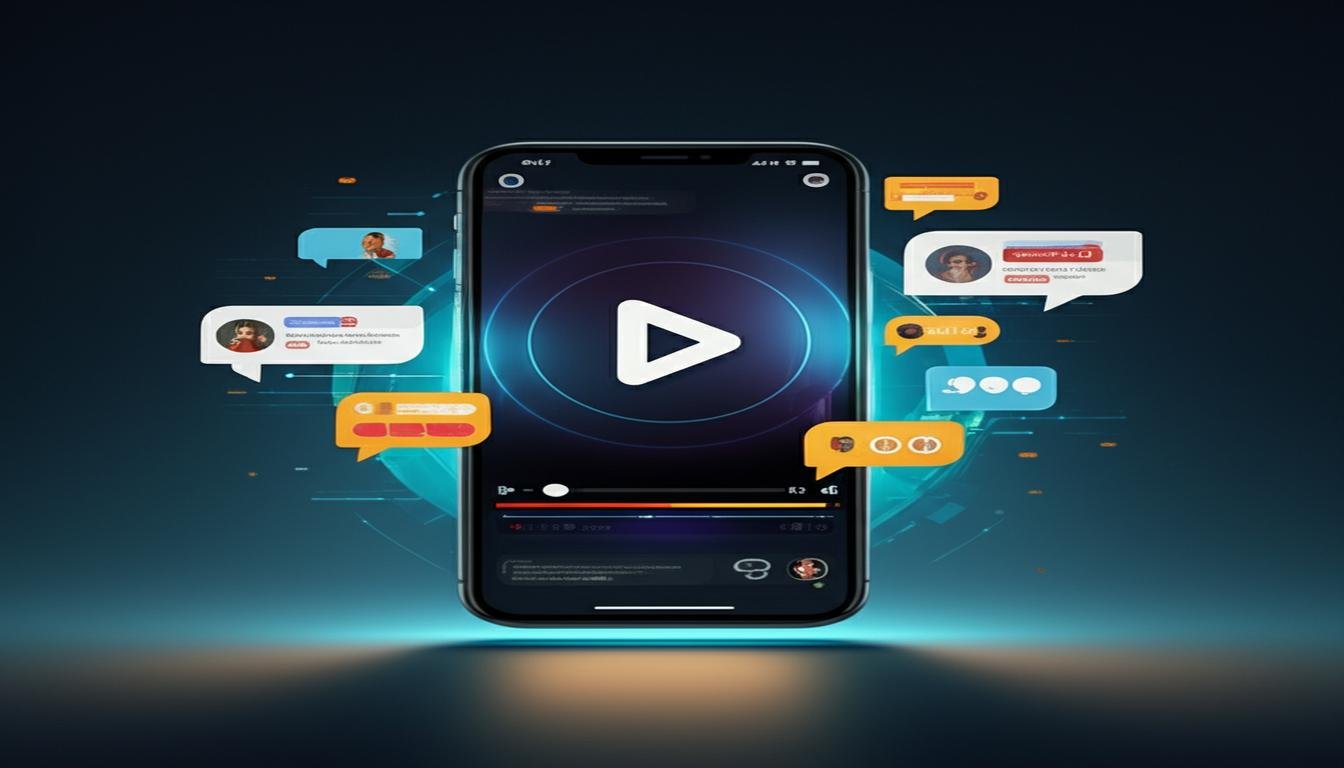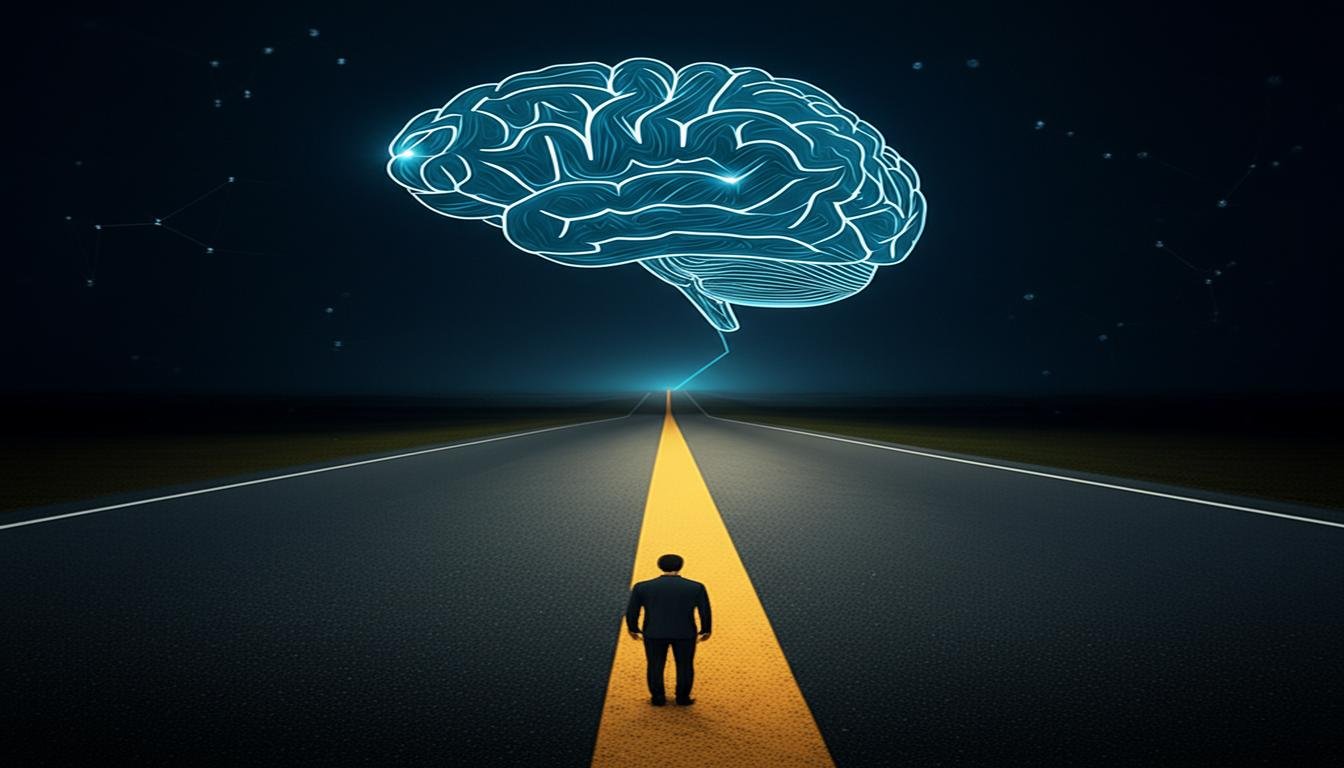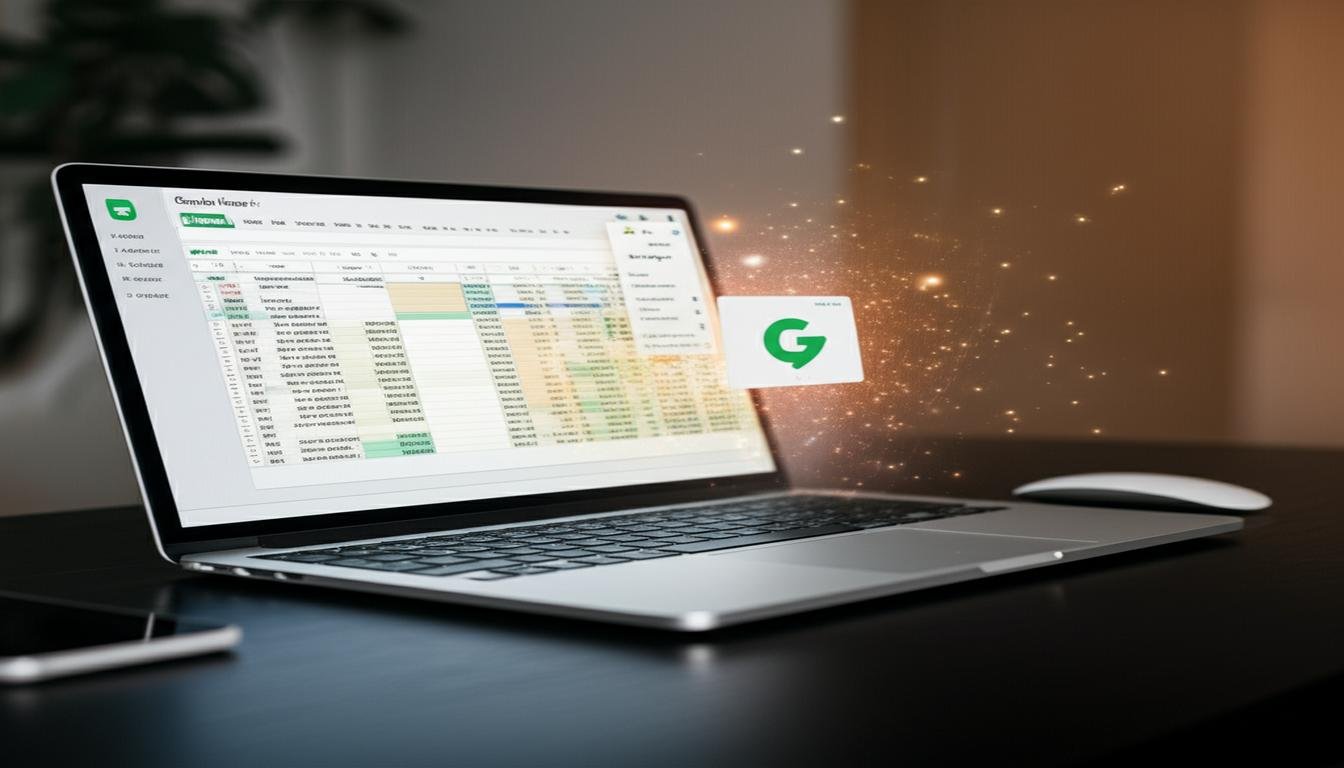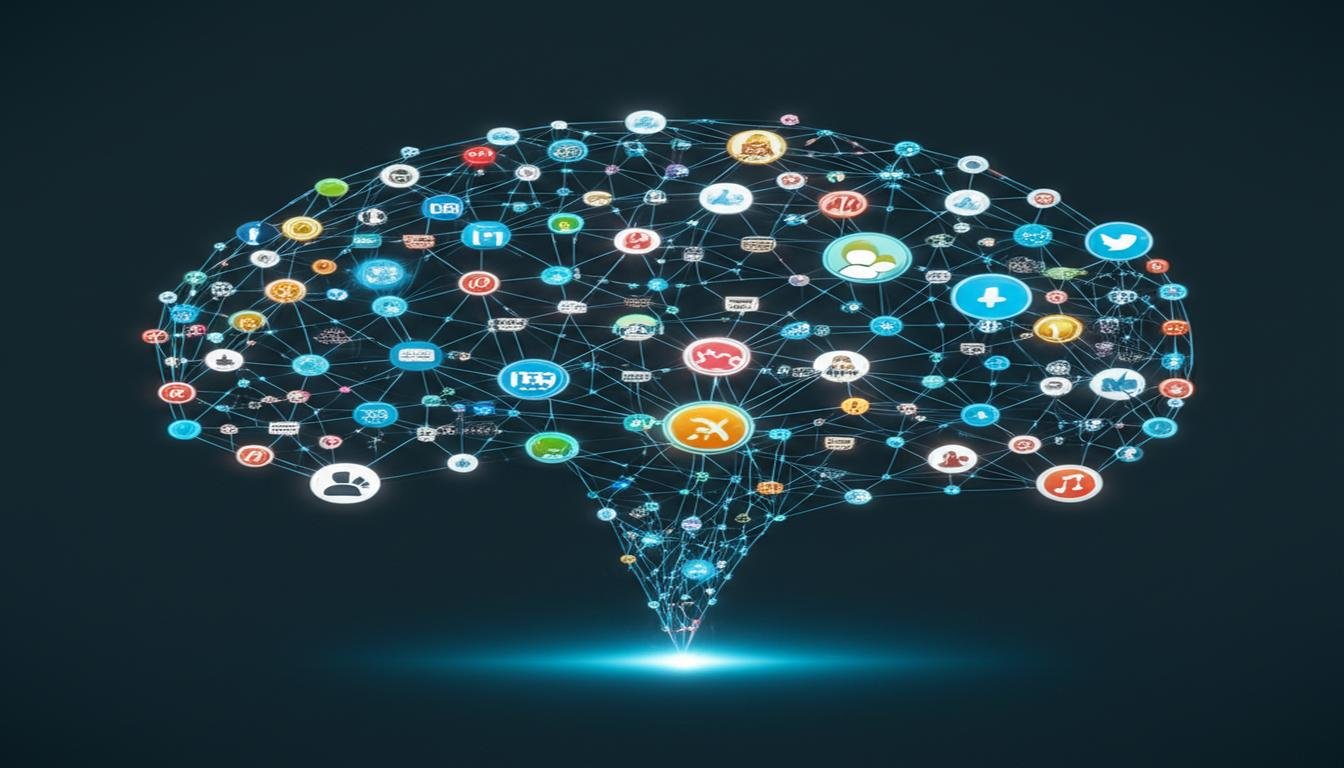Okay, let’s be real. You’re scrolling through your favorite music platform, a new song pops up, and it’s… *good*. Really good. Catchy, deep lyrics, a beat that makes you tap your foot without even thinking. You think, “Wow, another brilliant artist just dropped a masterpiece.” Then the news hits: that entire album? It was created by artificial intelligence. Not just assisted, but *made* by AI. Suddenly, that foot-tapping feels a little less enthusiastic. A chill runs down your spine. Is this it? Is this the moment we look back on as the end of human creativity as we know it? The idea sounds like something out of a sci-fi movie, but with recent advancements, it’s quickly becoming a very real, very pressing question for artists, music lovers, and anyone who values the unique spark of human innovation. So, let’s dig in. When Algorithms Write Anthems: The AI Music Revolution It’s not news that AI has been making inroads into our lives, from suggesting what to watch next to driving cars. But music? That felt like sacred ground, a deeply human expression. Yet, AI has quietly been developing its own artistic voice. We’ve seen AI compose classical pieces, generate background scores, and even mimic famous artists’ styles. Now, we’re talking about a full-blown, chart-topping album. This isn’t about some fancy software helping a musician mix their tracks. This is about AI understanding harmony, melody, rhythm, and even lyrical themes well enough to produce original, emotionally resonant content that captivates an audience. Imagine an algorithm that has “listened” to every hit song ever recorded, learning the patterns, the hooks, the emotional arcs. It then uses that knowledge to synthesize something entirely new, yet perfectly familiar and appealing. AI analyzes vast datasets of music. It learns song structures, emotional cues, and popular trends. Generates original compositions based on these learnings. Can even produce lyrics and unique vocal styles. The Human Touch: What Exactly Do We Value in Art? So, an AI can create a “hit.” But what truly makes a song a hit, or more importantly, an *artwork*? For many, it’s the raw emotion, the lived experience, the vulnerability poured into a piece. When Taylor Swift sings about a breakup, we connect because we imagine her going through it. When a punk band screams about societal injustice, we feel their anger because we know it comes from a place of genuine frustration. Can an algorithm feel heartbreak? Can it rage against the machine? Right now, the answer is no. AI doesn’t have a life story, personal struggles, or those messy, beautiful human imperfections that often fuel the greatest art. It processes data; it doesn’t *live*. This difference is where many argue the true value of human creativity lies. Is AI a Threat, or a Powerful New Instrument? Here’s where the conversation gets interesting. Instead of seeing AI as a replacement, what if we view it as the ultimate creative tool? Think about it: synthesizers didn’t end music; they opened up entirely new genres. Digital audio workstations (DAWs) didn’t kill off recording studios; they democratized music production. AI could empower artists in ways we’re just beginning to understand: **Idea Generation:** Stuck on a melody? AI could suggest thousands of variations to spark new ideas. **Sound Design:** Create unique, never-before-heard textures and instruments with AI. **Overcoming Blocks:** AI could help break through writer’s block by generating lyrical prompts or rhythmic patterns. **Personalized Music:** Imagine an AI that composes a unique soundtrack for your daily life, based on your mood and activities. Artists could collaborate with AI, directing it, curating its output, and infusing it with their unique human perspective. The creative process might evolve, becoming a dialogue between human intention and algorithmic possibility. Embracing the Future of Human-AI Collaboration The “AI hit album” might not signal the end of human creativity, but rather a profound shift. It forces us to ask deeper questions about what originality truly means, what emotion in music represents, and where the boundaries of art lie. We might find ourselves valuing the human element even more – the live performance, the shared experience, the personal story behind the song – precisely because an AI can’t replicate those things. Instead of fearing the rise of artificial intelligence in creative fields, perhaps we should see it as an invitation. An invitation to redefine creativity, to explore new frontiers, and to wield powerful new tools in the pursuit of art. The human spirit, with its boundless imagination and desire to express, has always found a way to adapt and thrive. This time, it might just have an incredibly sophisticated new collaborator. So, the next time an AI drops a hit album, don’t despair. Listen closely. Appreciate the technical marvel. Then, go create something uniquely, brilliantly human. Because ultimately, the heart that listens and connects with a song, whether AI-generated or human-made, is still our own.
Is This the End of Human Creativity? AI Just Dropped a Hit Album
